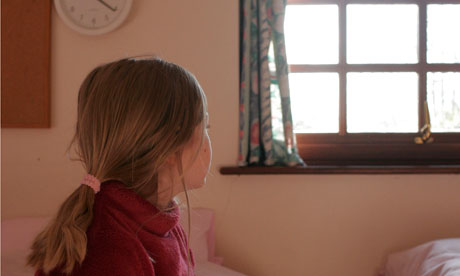Certain parts of the country, such as Rochdale, have a disproportionate number of care homes – with children coming in from different areas.
The government has promised action on this, saying it will make it harder for councils to send children out of their areas. It has also asked Ofsted, which is responsible for inspecting care homes, to inform the police of care homes in their areas.
The problem has been attributed partly to care homes being situated in cheaper parts of the country because of market forces, as 75% of care homes are run by private companies.
However, this is a symptom of a major failure in procurement of care places by local government. The heart of the problem is that local authorities operate independently, thus preventing any coherent approach to managing the situation and influencing the market.








